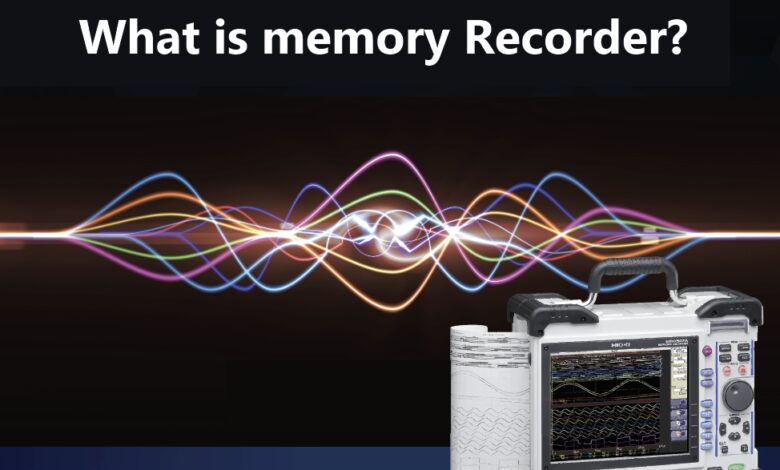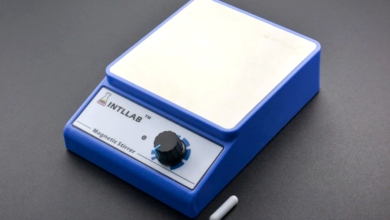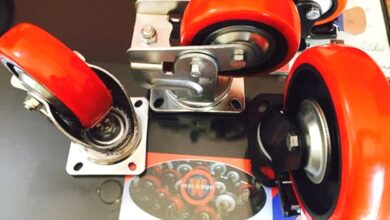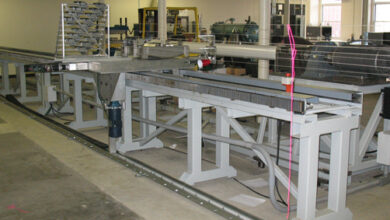What Is a Memory Recorder?

Memory recorders are a device that you can use to record signals without worrying about differences caused by amplifiers or splitters. Whether you are choosing a new one for your antenna array or have never heard of them before, you should take the time to learn about them. Here are some details about these devices that can help you learn more about them.
Origins
Previously, memory devices included various types of oscillographs and other analog devices. While these follow the same basic principles, modern technology has allowed these devices to become digital, known as transient recorders. These digital devices can record incoming signals, just like oscillographs.
Differences From Analog Recorders
Oscillographs are self-balancing recorders that use motors to turn a piece of paper and move a pen to record the data they receive from an input signal. Unfortunately, these devices require regular maintenance to keep the motors running and the pen filled with ink, and they no longer operate at high enough speeds to record modern signals. Digital recorders were designed to combat these drawbacks since transient devices have little maintenance and can handle modern signal speeds.
Operating Features
Most of these devices have a digital screen that displays the various waveforms in color and an attached printer that provides a paper copy. Both the screen and the printer can display even the fastest signals in real-time.
Application Considerations
Currently, there are three types of digital recorders available for various applications, including high-speed oscilloscopes, medium-speed recorders, and low-speed data loggers. The type of recorder necessary for an application should be based on frequency, recording intervals, and voltage of the input signal.
A memory recorder is a digital device used in sending signals between antennas. They evolved from old-school motorized oscillographs. These are just some of the details that can help you learn more about these devices.











